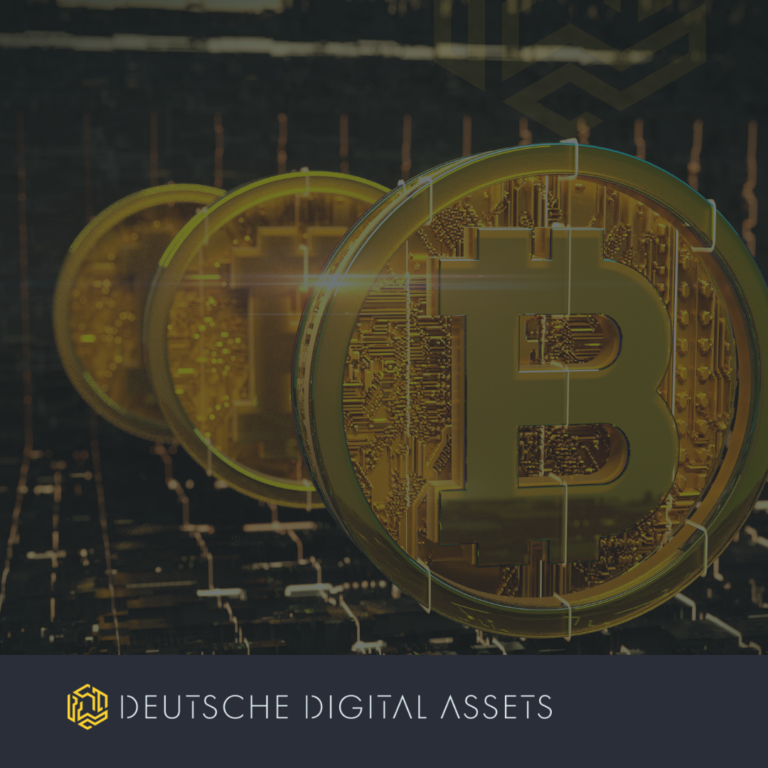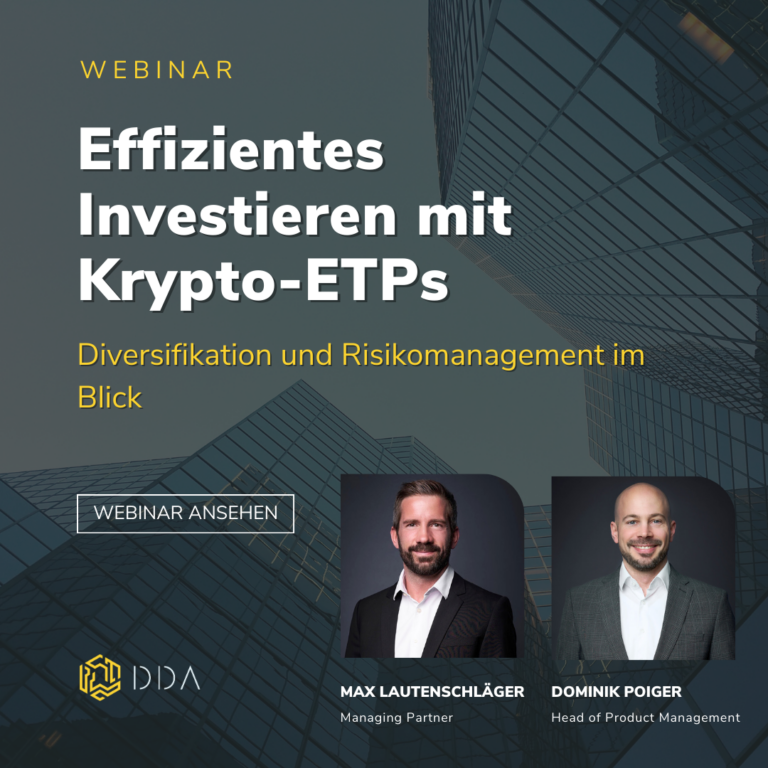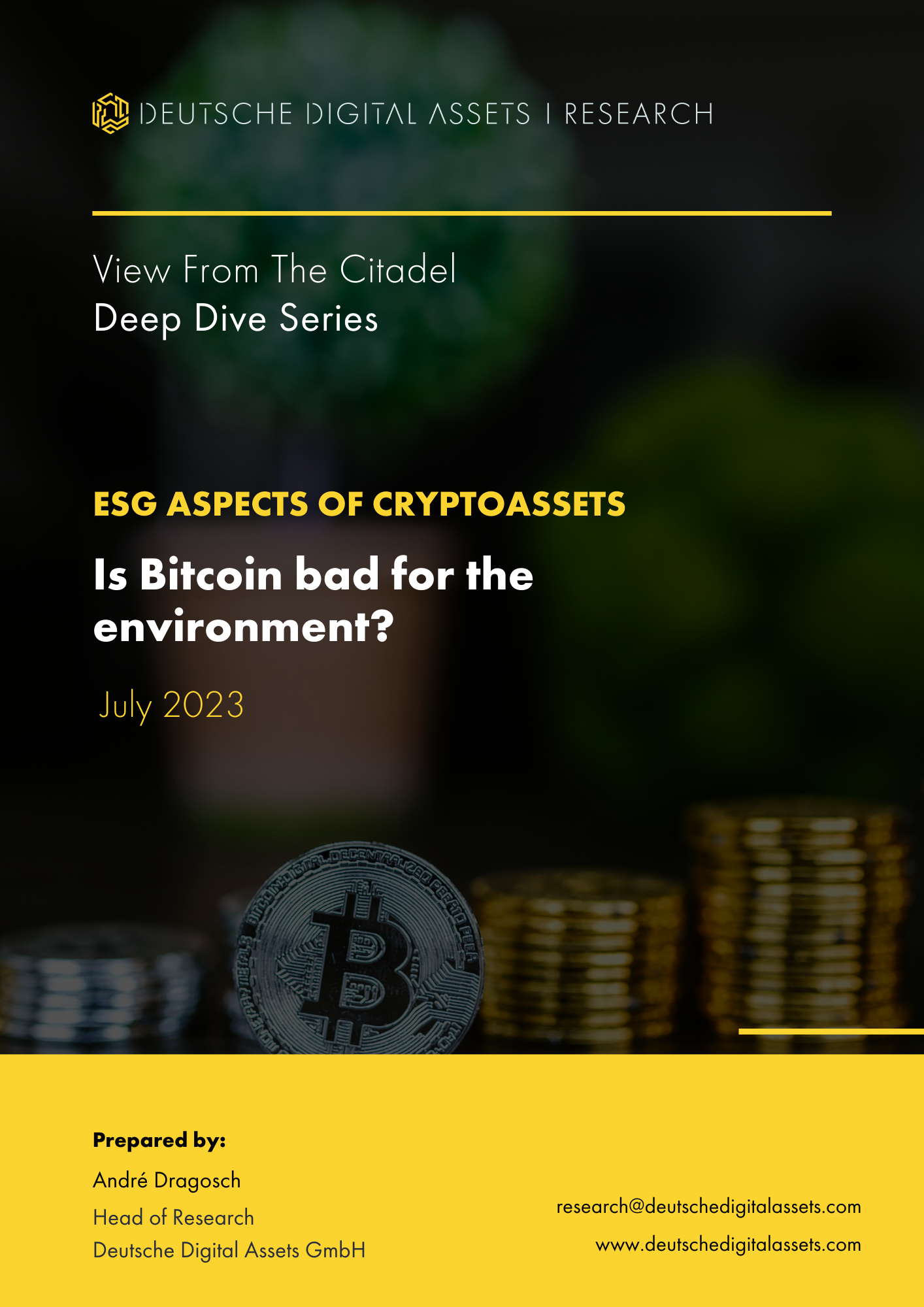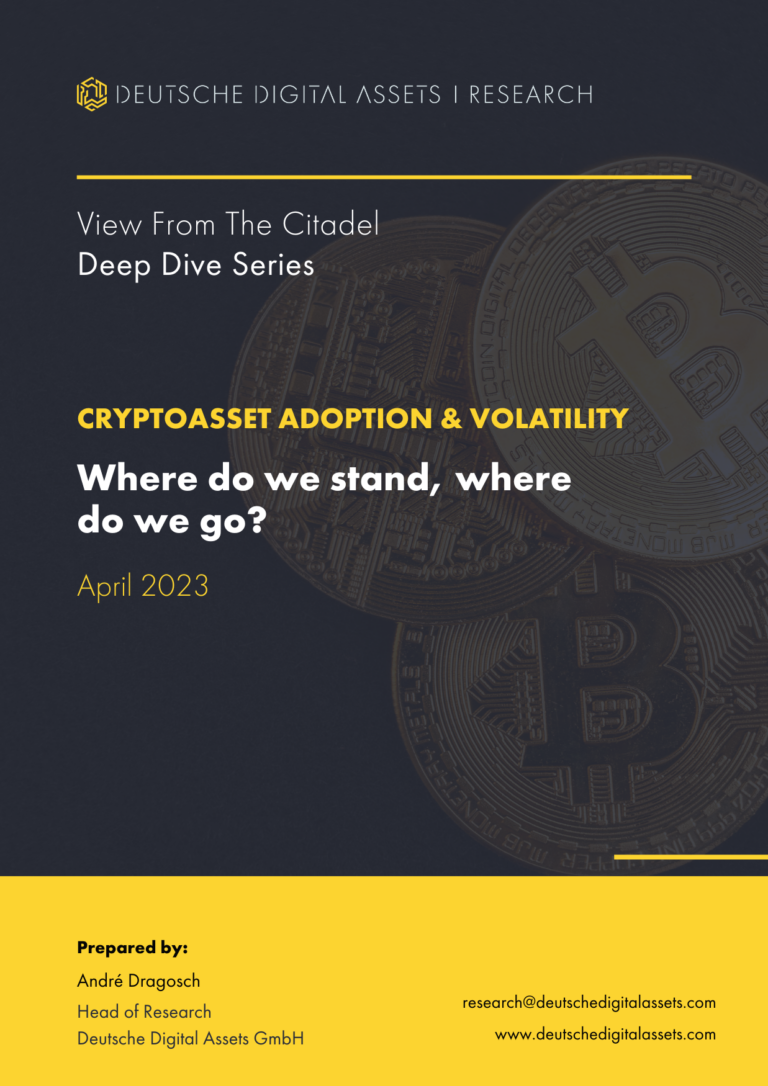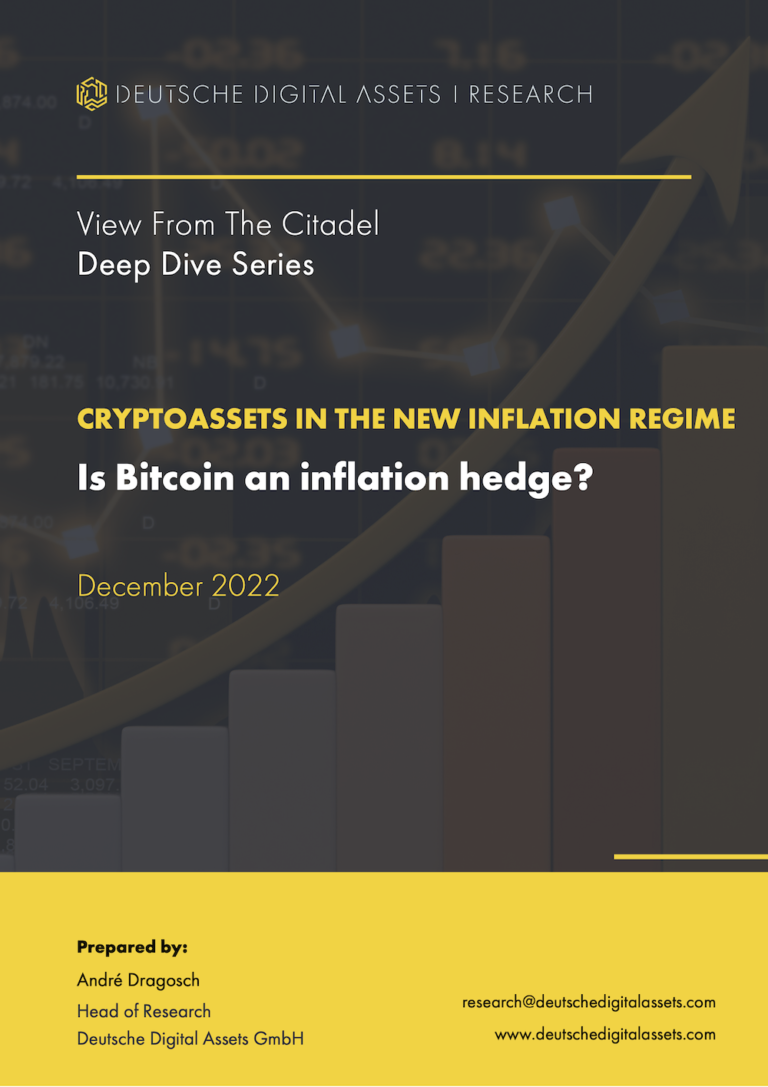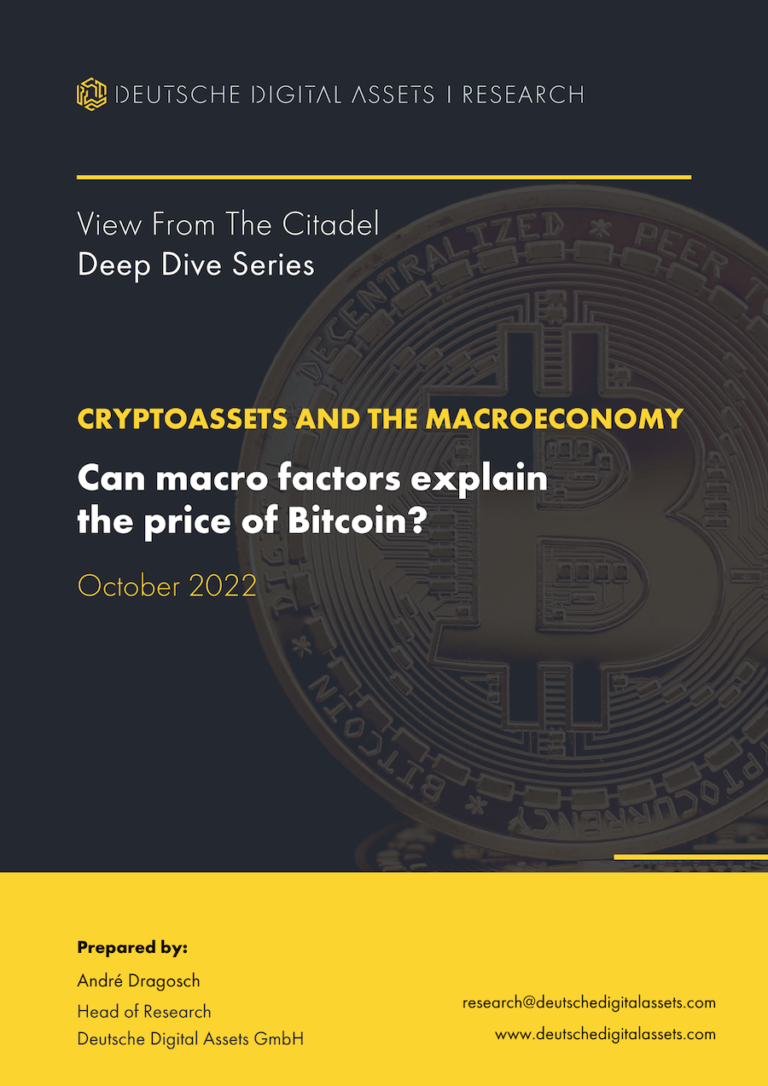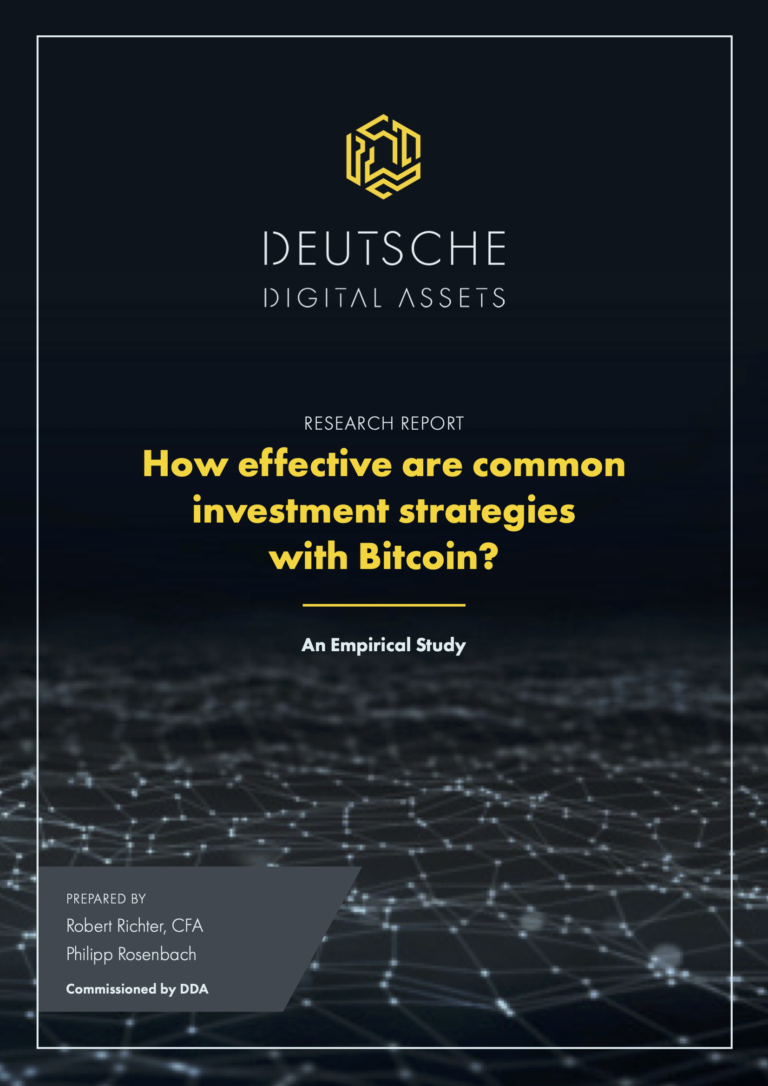Tm Laufe der Geschichte gab es Geld in verschiedenen Formen, von Kupfer, Silber und Gold bis hin zu Salz und sogar Muscheln. Schließlich entschied sich die moderne Gesellschaft für staatlich ausgegebenes Geld in Form von Banknoten und Münzen, das heute weitgehend in digitaler Form auf Bankkonten und Kreditkarten existiert. Doch mit dem Aufkommen von Bitcoin im Jahr 2009 verändert sich das Geld erneut. Lesen Sie weiter, um mehr über Bitcoin zu erfahren und darüber, wie diese technische Innovation auf dem Weg zu dem ist, was Ökonomen als "solides Geld" bezeichnet haben.
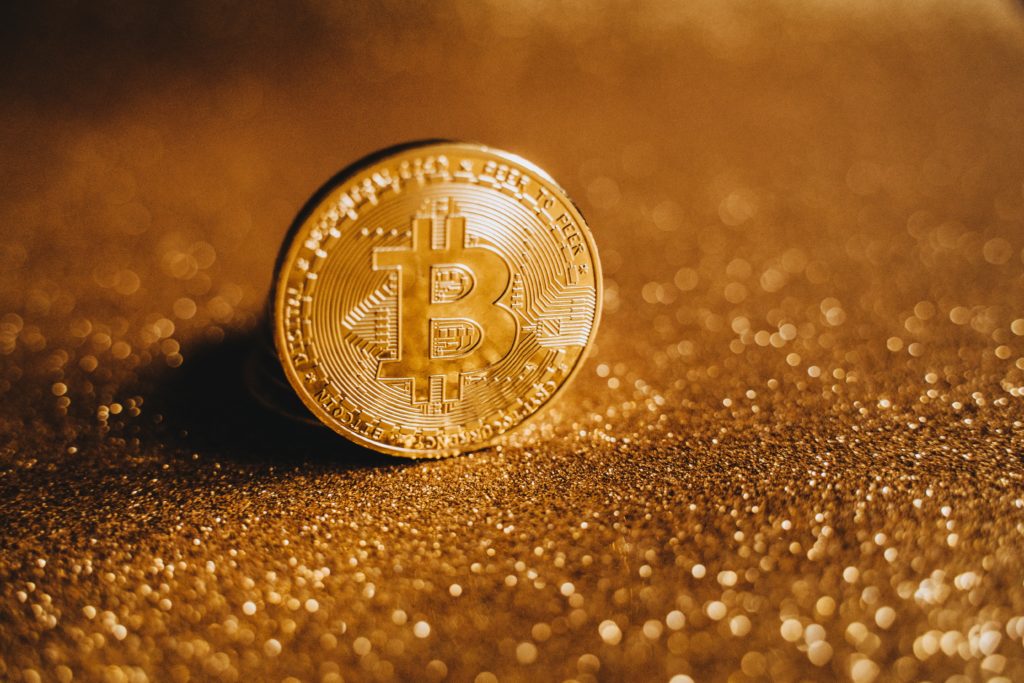
Was ist gesundes Geld?
Gesundes Geld ist Geld, das nicht anfällig für plötzliche Wertverluste oder Wertsteigerungen ist und in der Regel durch einen harten Rohstoff wie Gold oder Silber gedeckt ist.
Genauer gesagt, gesundes Geld sollte dauerhaft, teilbar, tragbar, einheitlich, akzeptabel, knapp und fungibel sein.
Um besser zu verstehen, was als gesundes Geld gilt, muss man sich die einzelnen Merkmale ansehen.
Geld verschafft Haltbarkeit wenn sie einer kontinuierlichen Nutzung durch eine große Bevölkerung standhalten kann, während Tragbarkeit bedeutet, dass es leicht zu übertragen ist. Teilbarkeit bedeutet, dass sie in kleinere Einheiten zerlegt werden kann, und Einheitlichkeit bedeutet, dass sie den gleichen Wert, die gleiche Größe und die gleiche Form haben. Zum Beispiel sehen alle 100-Euro-Scheine gleich aus und haben den gleichen Wert. Akzeptanz bezieht sich auf Kaufleute und Einzelhändler, die es weitgehend als Geld akzeptieren.
Knappheit ist eine Eigenschaft, die wir beispielsweise bei Gold finden, nicht aber bei Fiat-Währungen, da letztere von den Zentralbanken nach Belieben und (theoretisch) bis ins Unendliche gedruckt werden können.
Fungibilität bedeutet, dass Geld austauschbar sein muss, so dass eine Einheit immer eine Einheit wert ist. Zum BeispielEin 100-Euro-Schein wird überall akzeptiert, unabhängig davon, ob er zuvor zur Erleichterung krimineller Aktivitäten verwendet wurde oder nicht.
Nachdem wir nun definiert haben, was solides Geld ist und welche Eigenschaften Geld haben muss, um als solide zu gelten, wollen wir uns ansehen, ob Bitcoin solides Geld ist.
Ist Bitcoin gesundes Geld?
Bitcoin ist wohl das solideste Geld, das wir derzeit habenDas bedeutet aber nicht, dass es in seiner Entwicklung schon so weit ist, dass es als solides Geld gelten kann.
Die Gründe dafür sind, dass die digitale Währung noch nicht allgemein als Währung akzeptiert wird und dass sie noch nicht fungibel ist.
Obwohl der Bitcoin in den letzten zehn Jahren eine enorme Akzeptanz erfahren hat, wird er von Händlern und Einzelhändlern als Zahlungsmittel nach wie vor kaum unterstützt. Abgesehen von einer Handvoll sehr pro-Bitcoin-freundlicher Länder werden Sie in den meisten größeren Städten der Welt kaum ein Geschäft finden, in dem Sie mit Bitcoin bezahlen können.
Damit Bitcoin zu einem soliden Geld wird, müsste seine Akzeptanz als Tauschmittel (im Gegensatz zu spekulativen Anlagen und Wertaufbewahrungsmitteln) im Vergleich zu den derzeitigen Werten noch erheblich steigen.
Der Ruf der digitalen Währung, der regelmäßig durch über sie verbreitete Unwahrheiten geschädigt wird, verhindert jedoch nach wie vor, dass sie in großem Umfang angenommen wird, da in der breiten Öffentlichkeit immer noch zu viele falsche Vorstellungen über Bitcoin bestehen. Die Volatilität der Kryptowährung ist ein weiterer Faktor, der viele davon abhält, sie als Währung und nicht nur als Investition zu nutzen.
Außerdem sind On-Chain-Transaktionen für das Bitcoin-Netzwerk zu teuer, um für alltägliche Ausgaben verwendet zu werden. Auch wenn die On-Chain-Gebühren seit der Einführung von SegWit deutlich gesunken sind, macht es keinen Sinn, eine Transaktionsgebühr von 2 USD zu zahlen, wenn man einen Kaffee für 5 USD kauft.
Erfreulicherweise werden das Lightning Network (und andere Second-Layer-Lösungen), die schnelle und kostengünstige Off-Chain-Transaktionen ermöglichen, bereits sehr gut angenommen. Es wird jedoch noch einige Zeit dauern, bis die Lösungen der zweiten Ebene weltweit umgesetzt werden.
Abgesehen von der mangelnden Akzeptanz als Transaktionswährung leidet der Bitcoin auch unter der Tatsache, dass er nicht wirklich fungibel ist.
Entgegen den Behauptungen einiger Bitcoin-Befürworter ist ein BTC nicht immer ein BTC. Zum Beispiel, frisch geminte "jungfräuliche" Münzen werden mit einem Aufschlag verkauft, weil es keine Möglichkeit gibt, dass sie "verdorben" sein könnten.
"Tainted Coins" bezieht sich auf Bitcoin, bei denen festgestellt wurde, dass sie für illegale Aktivitäten verwendet wurden, so dass sie von Börsen und anderen Krypto-Dienstleistern auf eine schwarze Liste gesetzt werden können. Sobald Münzen auf der schwarzen Liste stehen, wird es schwierig, sie zu bewegen und in Fiat-Währung umzuwandeln. Infolgedessen sind verdorbene Münzen weniger wert als nicht verdorbene Münzen und wesentlich weniger als unberührte Münzen.
Da es sowohl verdorbene als auch neue Münzen gibt, ist eine BTC nicht immer eine BTC wert, was bedeutet, dass Bitcoin ist derzeit nicht vollständig fungibel.
Es mag wie Haarspalterei erscheinen, aber der Unterschied ist wichtig, wenn Bitcoin ein solides Geld für das Internet-Zeitalter werden soll.
Die gute Nachricht ist, dass Bitcoin - abgesehen von der fehlenden weltweiten Akzeptanz und der vollständigen Fungibilität - auf dem besten Weg ist, ein solides Geld zu werden.
Die erste Kryptowährung der Welt erfüllt fünf von sieben Merkmalen eines soliden Geldes, und da sie sich in ständiger Entwicklung befindet, ist sie in der Lage, die verbleibenden zwei Merkmale zu erfüllen.
Darüber hinaus verfügt Bitcoin über Eigenschaften, die ihn anderen Geldformen, wie z. B. goldgedeckten Währungen, wohl überlegen machen. Zum Beispiel ist Bitcoin zensurresistent und erlaubt es somit jedem, die volle Souveränität über seine Finanzen zu haben. Außerdem kann der Wert der digitalen Währung nicht leicht von Regierungen oder Zentralbanken beeinflusst werden, und die Geldpolitik ist fest kodiert, was eine Manipulation praktisch unmöglich macht.
Schließlich ist Bitcoin gut positioniert, um die Währung des Internets zu werden, da jeder, der eine Internetverbindung hat, eine Brieftasche erstellen und sie nutzen kann. Es ist das erste offene, grenzenlose monetäre Netzwerk, das jedem die Möglichkeit gibt, seine eigene Bank zu sein.
Was passieren muss, damit Bitcoin zu gesundem Geld wird
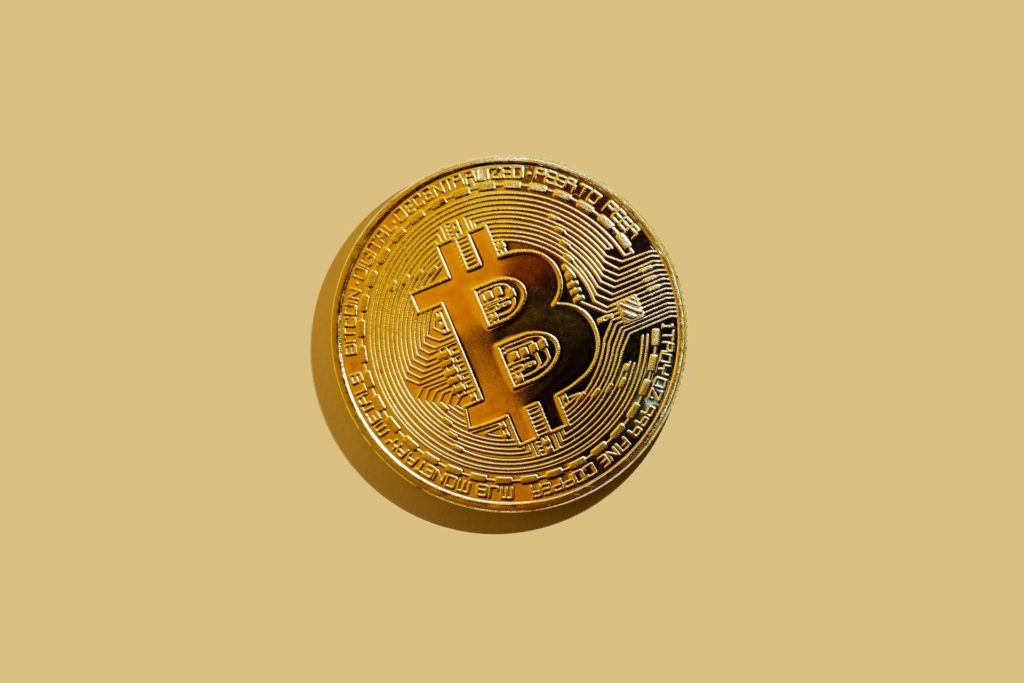
Auch wenn Bitcoin heute wohl dem soliden Geld am nächsten kommt, ist es noch nicht 100% so weit.
Der Mangel an globaler Akzeptanz und Fungibilität von Bitcoin muss behoben werden, damit Bitcoin ein solides Geld werden kann.
Glücklicherweise arbeitet die Bitcoin-Gemeinschaft unermüdlich daran, dies zu ermöglichen.
Bitcoiner auf der ganzen Welt veranstalten Treffen, organisieren Events und sprechen mit ihren Freunden und Familien über die Vorteile von Bitcoin, um die Akzeptanz von Bitcoin zu fördern. Darüber hinaus gibt es Hunderte von Startups, die daran arbeiten, den Zugang zu und die Nutzung von Bitcoin so einfach wie möglich zu gestalten.
Die gemeinsamen Bemühungen der Bitcoin-Gemeinschaft, die Akzeptanz zu steigern, waren in den letzten zehn Jahren unglaublich erfolgreich, was auch in den kommenden Jahrzehnten der Fall sein wird. In Anbetracht des Bekanntheitsgrades von Bitcoin in der breiten Masse sollte es nicht mehr allzu weit sein, bis Händler und Einzelhändler die digitale Währung akzeptieren (vorausgesetzt, die Gesetzgeber spielen mit).
Die wohl größte Herausforderung für Bitcoin auf dem Weg zum soliden Geld ist das Problem der Fungibilität der Kryptowährung. Glücklicherweise ist die Implementierung von Vertrauliche Vorgänge (CT) könnte das Problem lösen, indem es Bitcoin-Transaktionen eine zusätzliche Ebene der Privatsphäre hinzufügt.
Vertrauliche Transaktionen sind "ein kryptographisches Werkzeug zur Verbesserung der Privatsphäre und der Sicherheit von Bitcoin [das] die übertragenen Beträge nur für die Teilnehmer der Transaktion [und die von ihnen benannten] sichtbar macht", so Bitcoin Core Entwickler Greg Maxwell.
Durch die Einführung vertraulicher Transaktionen (oder anderer datenschutzfreundlicher Technologien) für Bitcoin-Transaktionen könnte Bitcoin einen Grad an Fungibilität erreichen, der es der ersten Kryptowährung der Welt ermöglichen würde, wirklich solides Geld zu werden.
Über DDA Ikonische Fonds
Iconic Funds ist die Brücke zu passiven und aktiv verwalteten Engagements in Kryptowährungen. Der Vermögensverwalter bietet über seine Tochtergesellschaften ETPs auf Kryptowährungen, diversifizierte Indexfonds und Alpha-Strategien für Anleger an.
Iconic Funds hat es sich zur Aufgabe gemacht, die Akzeptanz von Krypto-Assets zu fördern. Als Brücke für Anleger, die in Krypto-Assets investieren wollen, bieten die lizenzierten und regulierten Vehikel von Iconic den Anlegern eine Auswahl an Anlagemöglichkeiten, die von passiven Indexanlagen bis hin zu aktiv verwalteten Strategien reichen. Iconic Funds beseitigt die technischen Risiken von Krypto-Investitionen, indem es Anlegern vertrauenswürdige und vertraute Mittel zur Investition in Krypto zu branchenführend niedrigen Kosten bietet.
Durch die Verbindung von modernster Technologie, innovativen Anlageprodukten und kompromissloser Professionalität steht Iconic an der Spitze der Krypto-Vermögensverwaltung.
- Kryptowährungen und die Sharpe-Ratio traditioneller Anlagemodelle ➡ Hier herunterladen
- Analyse der wichtigsten Werttreiber der führenden Kryptowährungen ➡ Hier herunterladen
- Wie effektiv sind gängige Anlagestrategien mit Bitcoin? ➡ Hier herunterladen
- Untersuchung des Mythos der Nullkorrelation zwischen Kryptowährungen und Marktindizes ➡ Hier herunterladen
Weitere Informationen finden Sie unter deutschedastg
Haftungsausschluss
In keinem Fall können Sie die ICONIC HOLDING GMBH, ihre Tochtergesellschaften oder eine mit ihr verbundene Partei für direkte oder indirekte Anlageverluste haftbar machen, die durch Informationen in diesem Artikel verursacht wurden. Dieser Artikel ist weder eine Anlageberatung noch eine Empfehlung oder Aufforderung zum Kauf von Wertpapieren.
Die ICONIC HOLDING GMBH ist in keiner Rechtsordnung als Anlageberater registriert. Sie erklären sich damit einverstanden, Ihre eigenen Nachforschungen anzustellen und Ihre Sorgfaltspflicht zu erfüllen, bevor Sie eine Investitionsentscheidung in Bezug auf die hier besprochenen Wertpapiere oder Investitionsmöglichkeiten treffen.
Unsere Artikel und Berichte enthalten zukunftsgerichtete Aussagen, Schätzungen, Prognosen und Meinungen, die sich als wesentlich ungenau erweisen können und von Natur aus erheblichen Risiken und Unsicherheiten unterliegen, die außerhalb der Kontrolle der ICONIC HOLDING GMBH liegen. Unsere Artikel und Berichte drücken unsere Meinungen aus, die wir auf der Grundlage allgemein verfügbarer Informationen, Feldforschung, Schlussfolgerungen und Ableitungen durch unsere Due Diligence und unseren analytischen Prozess gewonnen haben.
Die ICONIC HOLDING GMBH geht davon aus, dass alle hierin enthaltenen Informationen korrekt und zuverlässig sind und aus öffentlichen Quellen stammen, die wir für korrekt und zuverlässig halten. Diese Informationen werden jedoch "wie besehen", ohne jegliche Garantie, präsentiert.







